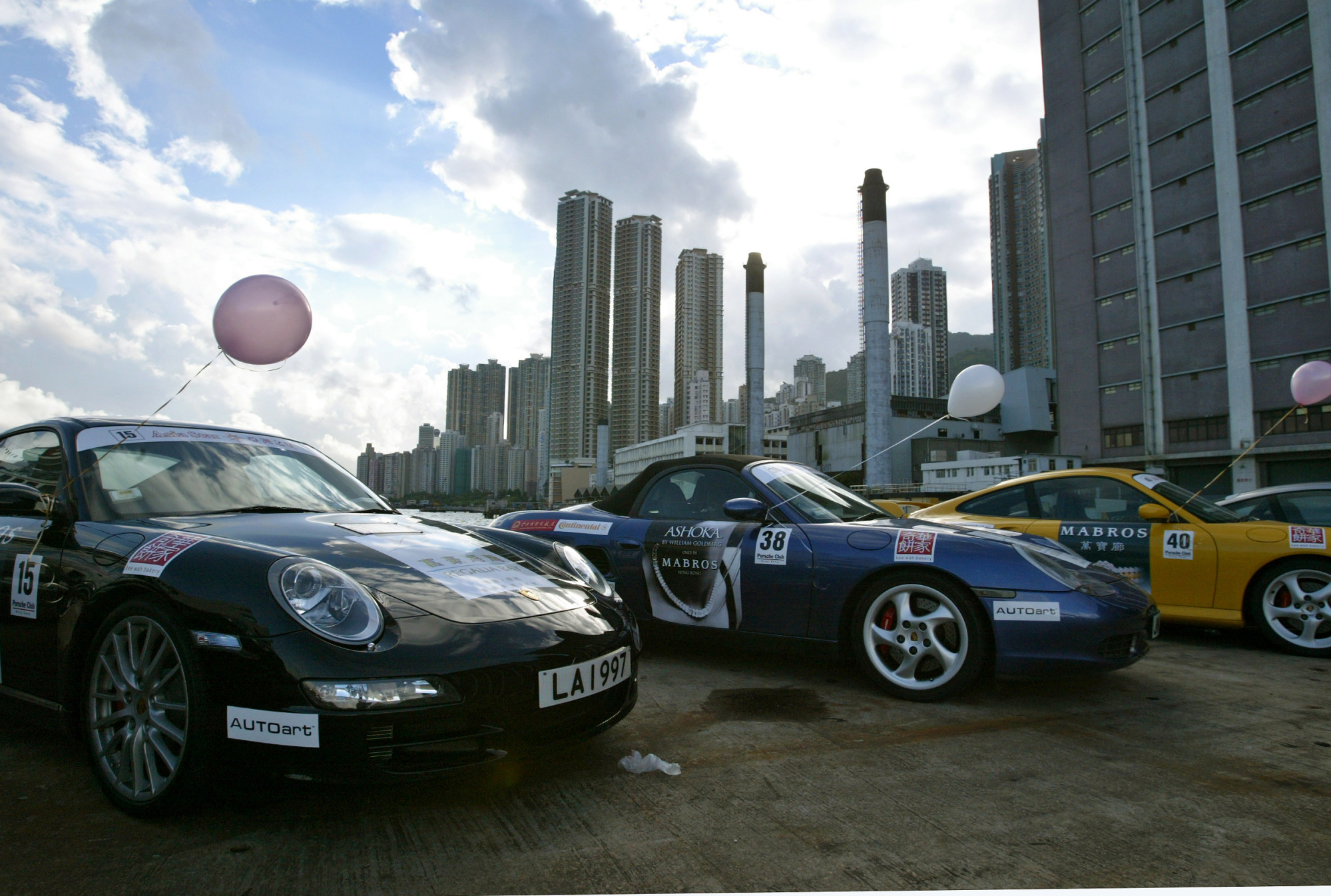
Porsche’s investors lose hope of a supercar stock like Ferrari, as China’s slowdown adds weight to sales slump
- While Ferrari shares have soared more than 50 per cent since the start of last year, Porsche has declined by about a fifth
- Porsche’s price-to-earnings multiple has fallen to a level less than a quarter of Ferrari’s, weighed down by a downturn in China
When Volkswagen spun off Porsche in late 2022, the investment community had visions of a supercar stock to rival Ferrari. The dream is yet to become a reality, and some investors are doubting it ever will.
While Ferrari shares have soared more than 50 per cent since the start of last year, Porsche has declined by about a fifth, sending its market value closer toward parity with that of its former parent – a far cry from a gap that once stood at €40 billion (US$43 billion).
At the same time, Porsche’s price-to-earnings multiple has fallen to a level less than a quarter of Ferrari’s, weighed down by a downturn in China – for long Porsche’s biggest market – and production snags that have hit the roll-out of key models, including the electric version of its top-selling Macan SUV.
Prospects for 2024 aren’t looking up, either, with Porsche telling analysts last week that sales volumes would likely be flat.

“You thought you were buying into a business that was stable and improving, and it turns out that is not the case,” said Jefferies analyst Philippe Houchois. “The question is, when do we start upgrading numbers?”
Porsche will focus “on value-oriented growth and a stable sales level” in 2024, the company said in an emailed response to questions. “We’re laying the groundwork for the future and are updating four out of six model series.”
Soon after the initial public offering, Porsche’s valuation priced shares at a forward PE-ratio of about 20, resembling that of other luxury brands such as LVMH, yet a fair bit away from Ferrari’s of 40. It was still substantially higher than VW’s PE ratio of below 5.
The pricing and an initial rally in the stock were fuelled in part by “VW holders selling VW and buying Porsche, as well as auto investors seeking similar successes as they saw with Ferrari,” said Tom Narayan, an analyst at RBC Capital Markets. The subsequent slump had “more to do with Porsche specifically,” he said.
Central to investors’ disappointment is how few options Porsche has to deal with a slowdown in China and the extent of execution risk for launching new models, according to Michael Dean, an analyst at Bloomberg Intelligence.
Unlike Ferrari, whose scarcity business model gives it a sold-out order book that stretches several years, Porsche is more beholden to macroeconomic forces, with the share of revenue from China declining to 26 per cent in the first half of 2023, from almost a third the year before.
Also, struggles at VW’s software unit have triggered two years of delays for the launch of the electric Macan, which is now scheduled for Thursday in Singapore. At the same time, the near-term future for electric vehicles is looking less rosy with sales stalling.
“China isn’t recovering, so pivoting back to China is not an option yet,” said Bernstein automotive analyst Daniel Roeska. “Porsche is becoming a cyclical stock that is dependent on the model cycle – it is the opposite of what you want from a luxury company.”
It’s not all bad news for Porsche investors though. The stock’s decline has given it scope to outperform Ferrari’s over the next 12 months, with the average price target of analysts tracked by Bloomberg showing 31 per cent of gains, compared with about 8 per cent for its Italian rival and 27 per cent for VW.
Deutsche Bank AG lowered its price-target for Porsche this week to €100 per share, from €120. Still, analyst Tim Rokossa wrote that the company isn’t getting enough credit for allocating volumes from China to other regions to protect pricing, which has helped safeguard margins.
Investors will look for evidence before Porsche can regain the initial optimism around its listing, said Swetha Ramachandran, a fund manager at Artemis Investment Management.
“The market has been concerned by a series of unfortunate setbacks and is awaiting reassurance on the outlook putting the stock in the ‘show me’ camp of stocks,” she said.

